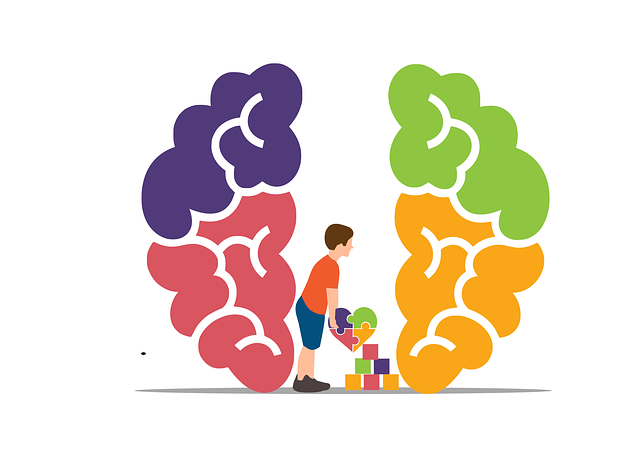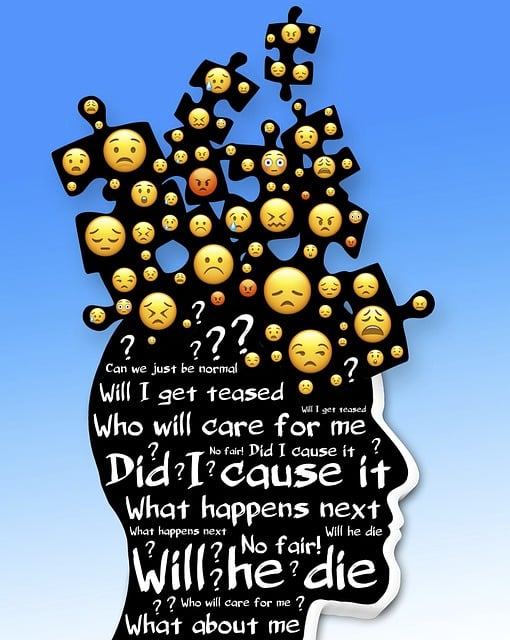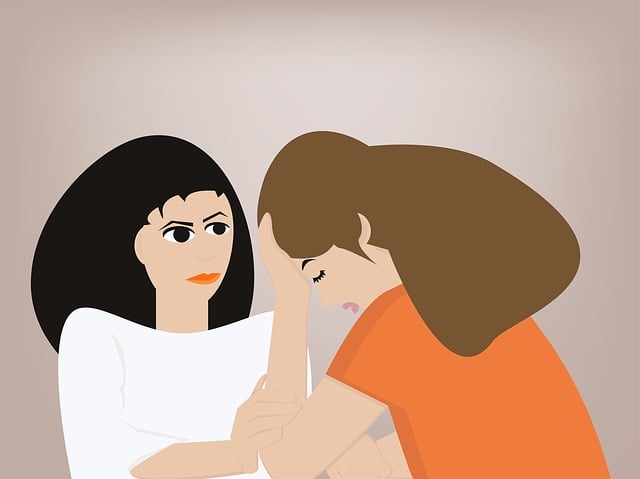Creating an engaging podcast series on mental wellness, like those offered by Castle Rock Learning Disability Therapy, involves understanding your audience (individuals with learning disabilities, parents, educators, therapists, and advocates) and tailoring content to their needs. Structure episodes around themes like stigma reduction and cultural competency, incorporating practical self-awareness exercises. Vary formats—expert interviews, personal narratives, interactive segments—to engage diverse preferences. Prioritize audio quality through professional recording, editing, and sound enhancement techniques. Leverage online media through social media, streaming apps, and podcast platforms to reach a wide audience with valuable content on mental health topics.
“Unleash the power of mental wellness with the ‘Castle Rock Learning Disability Therapy’ podcast series—a comprehensive guide for therapists and advocates. This article navigates the process of creating engaging content, from understanding your audience to distribution tactics. Learn how defining specific target listeners can enhance the impact of Castle Rock’s therapy podcast. Discover effective planning, formatting, and production techniques to ensure high-quality audio. Get ready to reach and support a wider community with your expert insights.”
- Understanding Your Audience: Defining Target Listeners for Castle Rock Learning Disability Therapy Podcast
- Planning the Podcast Series: Creating a Structured Content Roadmap
- Choosing the Right Format and Style: Engaging Listeners Effectively
- Production Techniques: Recording, Editing, and Enhancing Audio Quality
- Distribution and Promotion: Reaching Your Audience through Various Platforms
Understanding Your Audience: Defining Target Listeners for Castle Rock Learning Disability Therapy Podcast

Understanding your audience is a vital step in producing any podcast series, especially one focused on sensitive topics like learning disabilities and mental wellness. For the Castle Rock Learning Disability Therapy podcast, defining the target listeners involves recognizing individuals seeking support, both directly affected by learning disabilities and those interested in expanding their understanding of these conditions. This includes parents, educators, therapists, and anyone passionate about promoting mental health and preventing burnout among individuals with learning differences.
By catering to this specific audience, the podcast can offer tailored content, such as coping skills development and trauma support services, ensuring each episode resonates with listeners’ unique needs. Whether it’s providing practical strategies for managing daily challenges or shedding light on the latest research in learning disability therapy, understanding your audience is key to creating engaging and impactful episodes that make a difference in the lives of those dealing with or interested in Castle Rock Learning Disability Therapy.
Planning the Podcast Series: Creating a Structured Content Roadmap

When planning a podcast series focused on mental wellness, such as those offered by Castle Rock Learning Disability Therapy, creating a structured content roadmap is essential. This involves identifying key themes and topics relevant to your target audience, whether it’s individuals with learning disabilities or broader mental health concerns. A well-defined roadmap ensures each episode contributes to a cohesive narrative while offering valuable insights and support.
Start by outlining the overall arc of your series, deciding on overarching subjects like stigma reduction efforts in mental illness or enhancing healthcare provider cultural competency training. Within these themes, incorporate practical self-awareness exercises that listeners can implement in their daily lives. This structured approach keeps content engaging, informative, and beneficial for your audience.
Choosing the Right Format and Style: Engaging Listeners Effectively

When producing a mental wellness podcast series, one of the key aspects to engage listeners effectively is choosing the right format and style. At Castle Rock Learning Disability Therapy, we understand that diverse formats cater to different preferences and can significantly enhance knowledge retention. Whether it’s an interview-style conversation with experts in the field, a solo host sharing personal stories interwoven with professional insights, or interactive segments where listeners participate, each approach has its unique allure.
For instance, incorporating practical coping skills development techniques within episodes can captivate audiences seeking anxiety relief. Similarly, discussing cultural sensitivity in mental healthcare practice resonates with a broad spectrum of listeners, demonstrating the universal importance of inclusive treatment methods. By balancing these elements, podcasters can create an immersive experience that not only informs but also inspires and uplifts, fostering a deeper connection between content and audience.
Production Techniques: Recording, Editing, and Enhancing Audio Quality

When producing a mental wellness podcast series like Castle Rock Learning Disability Therapy’s offerings, audio quality is paramount. The recording process should be conducted in a quiet environment to minimize background noise, ensuring clear and crisp sound. High-quality microphones, ideally designed for podcasts, capture speech accurately while reducing unwanted noises. Positioning the microphone close to the speaker can significantly improve audio clarity.
Editing plays a crucial role in refining the recorded content. Removing filler words, pausing for effect, and trimming silence enhance the overall listening experience. Using professional editing software allows for precise control over the audio. Enhancing involves adding effects like reverb or EQ adjustments to create an immersive atmosphere without sacrificing speech intelligibility. Techniques such as noise reduction further elevate the podcast’s production value, ensuring it stands out in the market, especially when compared to other mental health resources, including those focused on confidence boosting and community outreach program implementation. This attention to detail can also influence public perception of mental health initiatives, much like how effective Mental Health Policy Analysis and Advocacy campaigns do through better communication.
Distribution and Promotion: Reaching Your Audience through Various Platforms

In today’s digital age, distributing and promoting a podcast series on mental wellness can reach a vast audience through diverse platforms. Castle Rock Learning Disability Therapy recognizes the power of online media in connecting with individuals seeking support for their psychological well-being. By leveraging various channels such as social media, streaming applications, and dedicated podcast platforms, the series gains exposure to a broad spectrum of listeners. This strategic approach ensures that valuable content on self-esteem improvement, burnout prevention, and crisis intervention guidance reaches those who need it most.
Effective promotion involves engaging with communities online, collaborating with influencers or experts in the field, and leveraging email marketing to build a dedicated subscriber base. Additionally, cross-promotion with other relevant podcasts or websites further amplifies the reach, making mental wellness resources more accessible and fostering open conversations about psychological health.
Producing a mental wellness podcast series, such as the Castle Rock Learning Disability Therapy Podcast, involves a strategic approach from audience understanding to distribution. By defining your target listeners, planning structured content, choosing engaging formats and styles, mastering production techniques, and utilizing effective promotion, you can create valuable audio content that resonates with your audience. Remember, high-quality production and targeted promotion are key to ensuring your podcast reaches and supports those in need, like those seeking therapy for learning disabilities in the Castle Rock community.














